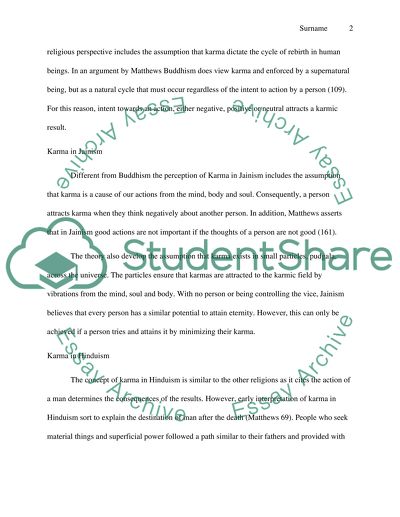Cite this document
(“Religions world Essay Example | Topics and Well Written Essays - 1000 words”, n.d.)
Religions world Essay Example | Topics and Well Written Essays - 1000 words. Retrieved from https://studentshare.org/philosophy/1672335-religions-world
Religions world Essay Example | Topics and Well Written Essays - 1000 words. Retrieved from https://studentshare.org/philosophy/1672335-religions-world
(Religions World Essay Example | Topics and Well Written Essays - 1000 Words)
Religions World Essay Example | Topics and Well Written Essays - 1000 Words. https://studentshare.org/philosophy/1672335-religions-world.
Religions World Essay Example | Topics and Well Written Essays - 1000 Words. https://studentshare.org/philosophy/1672335-religions-world.
“Religions World Essay Example | Topics and Well Written Essays - 1000 Words”, n.d. https://studentshare.org/philosophy/1672335-religions-world.


